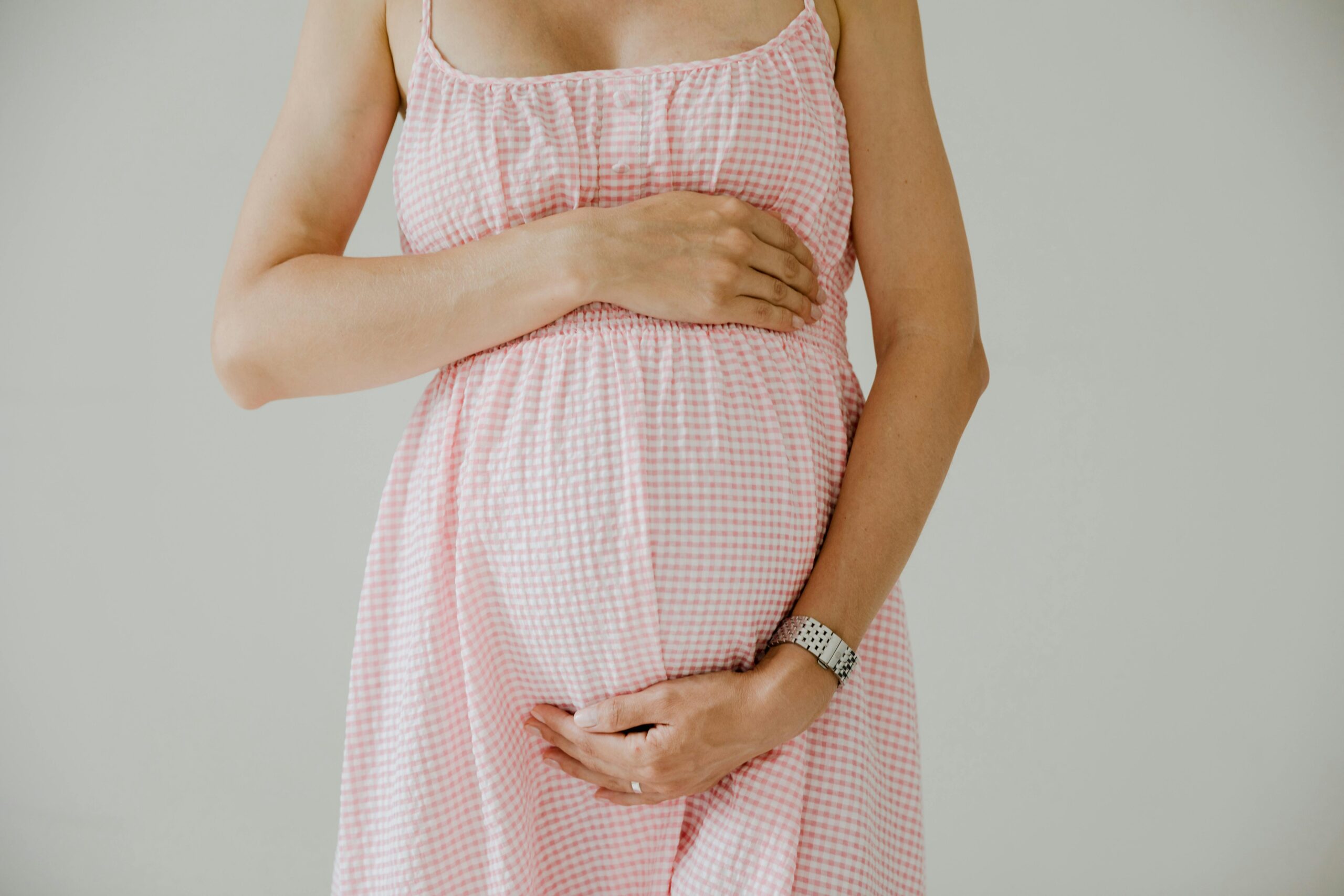
Can Ozempic affect your period?
In this article
What's the lowdown?
Period changes? Not out of the question! The likely culprit is the changes in hormone levels in the body due to weight loss.
Late or stopped periods? Commonly due to hypothalamic amenorrhea (more on this below).
Cramps? Most likely due to the digestive side effects of Ozempic.
Heavier periods? Not quite as likely but never say never!
Spotting? Maybe, but you should rule out other causes of spotting.
Ozempic is the hottest new injectable, trending across all social media platforms, and not just for its benefits for Type 2 diabetes (T2DM). Its dual use as a weight-loss medication has received praise but with it comes a nagging question: Can Ozempic affect your periods? Come with us as we investigate.
First up, let’s recap on Ozempic?
Ozempic (or semaglutide), is a glucagon-like peptide 1 (GLP-1) receptor agonist. Without getting too medical, it essentially increases the action of glucagon hormone (naturally produced in your gut after meals. By slowing the emptying of your stomach, it keeps you full for longer, helping you snack less and lose more. It can also help people with diabetes control and manage their blood sugar levels1.
Is there a link between weight loss and period changes?
When you melt away fat too quickly, either via diet, exercise or with medications like Ozempic, your hormonal system may interpret it as a stress event2. Fat plays a big role in hormonal production. It helps produce oestrogen, so if you’ve got rid of a whole bunch of fat, your oestrogen levels will go down, which can lead to period changes. This could translate to longer cycles, lighter flow, heavier periods or missed periods.
Can Ozempic affect your periods?
Yes, but not in the way you think. While the side effects listed on the Ozempic patient leaflet do not list menstrual changes, it can have an indirect effect on period changes. The weight loss you experience has a ripple effect on your hormones and can shift your menstrual cycle away from its normal baseline. In fact, a survey of GLP-1 users found 27% of the 1,745 participants experienced some changes to their menstrual cycle3.
The exact way this change might look like can be really different. Add something else to the list of things we haven’t understood about the female body! (eye roll)
Can Ozempic stop or delay periods?
Rapid or drastic weight loss can lead to something called hypothalamic amenorrhea2. This is when your body presses ‘pause’ on reproduction. The hormones in the brain which control your menstrual cycle fall to low levels in times of physical or psychological stress. Think of it as survival, if you do not have enough body mass, you will unlikely be able to sustain a pregnancy. So your body makes an executive decision to stop ovulation (release of an egg) if your weight drops quickly. And in this way, Ozempic can cause stopped or delayed periods.
Can Ozempic cause period-like cramps?
One of the common side effects listed on the Ozempic website is abdominal pain (cramping)4. 6-7% of users experienced stomach-area pains5. Cue the confusion: Ozempic or period cramps. If these are badly timed with your PMS or your period, it could make the cramps feel a little more unbearable. Good news (in a way) is that these Ozempic-related abdominal cramps tend to go away after a few months.
I did come across a case study of a woman with stubborn painful periods, unreactive to standard treatments that found relief in GLP-1 agonists6. After starting the medication, she saw improvement in her symptoms. The authors theorised this might be due to the medications anti-inflammatory and anti-oestrogenic effects, which could dial back the period pain.
But let’s not get ahead of ourselves, this could be a 1 in a million case. But it does hint to the possibility that GLP-1 medications like Ozempic, Wegovy and Mounjaro could have more than just weight loss and blood glucose management properties. In fact we’ve written an article on the potential benefits of Ozempic for endometriosis.
Can Ozempic cause spotting?
Spotting could occur as a side effect of Ozempic due to the hormonal fluctuations that rapid weight loss can cause. Though Ozempic and period spotting are not known to go hand in hand. However, as Ozempic can affect birth control pills, if you use hormonal contraceptive pills, Ozempic could change your side effects and cause spotting. If you notice spotting throughout your cycle, see a doctor if it continues for 3 months or more. They may suggest adjusting the dose or ruling out other causes such as problems with the cervix, fibroids or polyps.
Can Ozempic make periods heavier?
This one is a thinker. I can’t find any theories or science behind why this might happen but I sure did find many Reddit threads on Ozempic and heavy periods.
One reddit user exclaimed7: “I have been on Ozempic for about 5 months. My period has been increasingly getting heavier and longer as I have gotten older but this has definitely been consistent with the time that I have been taking it in that it is EXTREMELY heavy now and tons of clots. I am sure it is not the only reason but it definitely isn’t making my period any lighter.”
While I can’t tell you why Ozempic can lead to heavy periods, I can tell you that if your periods are getting too heavy, you should seek medical attention8.
PCOS and Ozempic?
Want the full scoop? We’ve covered all the juicy details here, so give it a click for the full lowdown.
Not enough time? Here are the cliff notes9:
- Ozempic is not officially approved for PCOS, but there has been an increase in off-label prescriptions to manage insulin resistance and support weight loss.
- It can improve symptoms of PCOS by helping with weight loss and insulin sensitivity. It has also shown positive effects in regulating periods.
- As it can restore period regularity, this can lead to an unexpected return in fertility. If you are planning on trying for a little bundle of joy, make sure to stop Ozempic at least 2 months before conceiving.
Final thoughts
Ozempic has no direct impact on your menstrual cycle or reproductive hormones, but the effects of weight loss do. Whether it’s skipped periods, random camping or uninvited spotting, the culprit could be Ozempic, but don’t blame the medication without having any other women’s health issue ruled out. If you think something doesn’t feel right, always go get it checked. By tracking your symptoms, you’ll be able to give your doctor a better picture of what’s happening to your body.
Our medical review process
This article has been medically reviewed for factual and up to date information by a Lowdown doctor.






